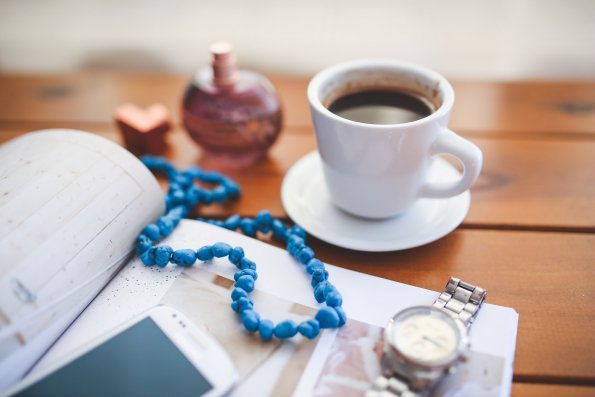Wouldn’t we all like to have stillness, clarity and a sense of purpose in our life?
Well Ikigai, the latest lifestyle trend to cross from East to West may hold the key – & also like another Japanese practice Shinrin-Yoku it’s not new.
The term Ikigai is derived from 2 other Japanese words – Iki meaning to ‘live’, and Gai meaning ‘reason’.
And as well as being about finding and having a purpose it’s also about happiness, because if you are able to find joy in small things through Ikigai, you will have the frame of mind to build an active, happy and fulfilled life.
So what is an Ikigai?
It might be as simple as:
– drinking that morning coffee
– talking on the phone with someone you love
– walking the dog
– reading a book
– tending the garden
– going for a bike ride
– cooking a meal, or
– playing a board game
However small, or seemingly insignificant sounding, it really doesn’t matter. What is important though is to recognise and appreciate both the intrinsic and extrinsic value of each wee thing.
And no one Ikigai is more important than another – There is no hierarchy and they will all add up to give your life its purpose.
Of course, having purpose is more than moving 20 steps in one direction, rather than one step in 20 directions – And its more than having 20 Ikigai’s and then having to find 20 ways to fit them into each and every day.
Its essential to keep things simple
To think small and allow yourself to slow down and enjoy the things that you usually rush through, barely notice, or just do because you must.
And in this way it has much in common with Mindfulness and using Mindful practice to help slow down, cut through the constant motion and commotion of everyday life, create some space and objective distance, &, see life through a different lens.
But it’s not just about happiness and having a purpose either
On the Japanese island of Okinawa, living a healthy and happy life to well into one’s 100’s is commonplace and any indigenous centenarian will be able to readily name their Ikigai.
In a 2013 TED Talk, Dan Buettner suggested Ikigai was one of the reasons people in the area lived such long lives, and this is also supported by a recent study that found Ikigai can be an important supportive element for health among the elderly.
Whilst another study involving 43,391 Japanese adults aged 40 – 79, discovered that those who answered ‘No’ to the question “Do you have Ikigai in your life?”, were more likely to unemployed, have poorer physical and mental health and at greater risk of developing cardio-vascular disease.
The Bank of Life
Did you know you have 86,400 seconds deposited into your account every day by the Bank of Life. No refunds, or stock piling allowed.
So, spend wisely and maybe combining the discipline of Ikigai with the practice of Mindfulness will not only give you a raison d’etre, but also help boost your self esteem, general happiness and life satisfaction, &, even provide you with the dividend of some added years as well.
I think we’re going to be hearing a lot more about Ikigai!
Paul Mudd is the author of ‘Uncovering Mindfulness: In Search Of A Life More Meaningful’ available on Amazon and www.bookboon.com; the ‘Coffee & A Cup of Mindfulness’ and the ‘Mindful Hacks For Mindful Living & Mindful Working’ series. He is also a Contributing Author to The Huffington Post and a Contributing Writer to Thrive Global. Through The Mudd Partnership he works with business leaders, organisations and individuals in support of change, leadership excellence, business growth, organistional and individual wellbeing and well doing, and introducing Mindfulness. He can be contacted at [email protected] and you can follow the continuing journey uncovering Mindfulness on Twitter @TheMindfulBook and at @Paul_Mudd


